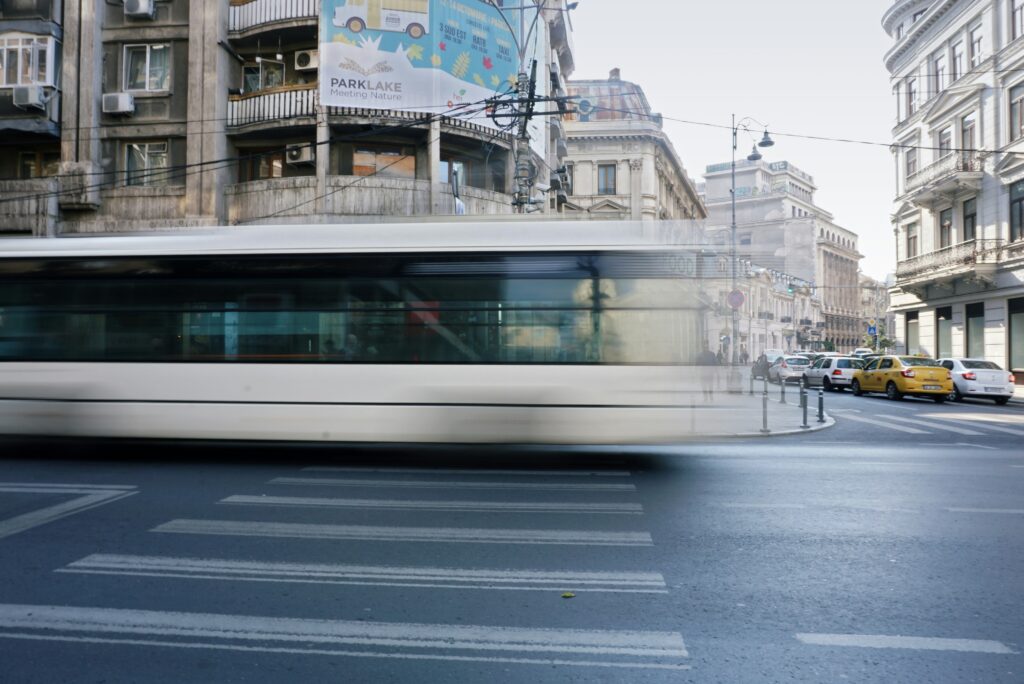
During the many visits from clients and partners to our delivery centers in Craiova and Timișoara, one of the most frequently asked question is: what are the differences and similarities between the Dutch and Romanians?
I am always somewhat cautious when discussing this topic. It is easy to generalize and oversimplify. As Queen Máxima of the Netherlands rightly pointed out: “The Dutchman does not exist.” The same applies to the Romanian. Nevertheless, it is important to be aware of cultural and mentality differences, as better understanding leads to better communication.
Firstly, there are significant regional differences and similarities within Romania. It is easier to talk about individuals than to make broad statements about supposed common traits of everyone in a country. Describing a ‘typical’ Dutch person becomes tricky when comparing a Frisian to someone from Limburg. If you were to drive diagonally across Romania, you could travel more than 1,000 km. So, regional differences and similarities also exist in Romania. In particular, the split between urban and rural areas is much more pronounced in Romania than in the Netherlands. Many Romanian cities are modernizing rapidly and are becoming more similar to the Netherlands in terms of infrastructure. The countryside, however, is aging rapidly. Large-scale agriculture, driven by massive foreign investments, has reduced local job opportunities and young people are leaving. As a result, stepping outside the city can feel like traveling back in time. The rural Romanian lives on a completely different plane than the urban dweller.
Having lived in Romania for 17 years and witnessed this modernization firsthand, I can confidently say that there are also significant cultural differences and similarities between the Dutch and Romanians. Romanians are passionate, humorous, and expressive, much like Southern Italians. As the only Eastern European country occupied by the Romans around 2,000 years ago, the Romans mixed in the south of present-day Romania with the Dacians, the original inhabitants of the area. The result is still evident in the Romanian language, which, unlike its Slavic neighbors, has Latin roots. You also see it in the strong family ties. These Southern European traits are combined with more Eastern European reserved and a ‘cash on the barrel’ attitude. The trust between citizens, and between citizens and the government is much lower than in the Netherlands, even after the child benefit scandal and the gas extraction issues in Groningen. In business relations, hierarchy plays a more prominent role than in the Netherlands.
The most important development in my view is the shrinking gap in mentality between highly educated young adults in the Netherlands and Romania. At NetRom, we invest heavily in reducing these differences or even turning them into advantages. Through training on both hard and soft skills, and a 360-degree application that tracks the work history of teams and employees in detail, we can carefully match the knowledge and experience of software developers to the client’s needs. Furthermore, we enhance vertical knowledge – sector expertise – by having employees work in the same teams with the same clients over long periods of time. This allows them to understand the end goal and trust their own expertise. This also makes it more comfortable for Romanian colleagues to express their (opposing) views. This approach results in better collaboration and makes cultural differences more manageable.
The results of this approach are clearly seen in how our software engineers work in ‘blended’ teams with client employees. The passion and enthusiasm with which these teams collaboratively and harmoniously build the most innovative applications is often remarkable. Nationality, gender, age, and location play no role; craftsmanship and expertise are what matter.
As I have mentioned many times before, most first-time visitors to our offices in Romania are completely surprised by what they find. Through these visits and the Post Craiova blogs, I hope to continue contributing to a greater understanding on both sides.